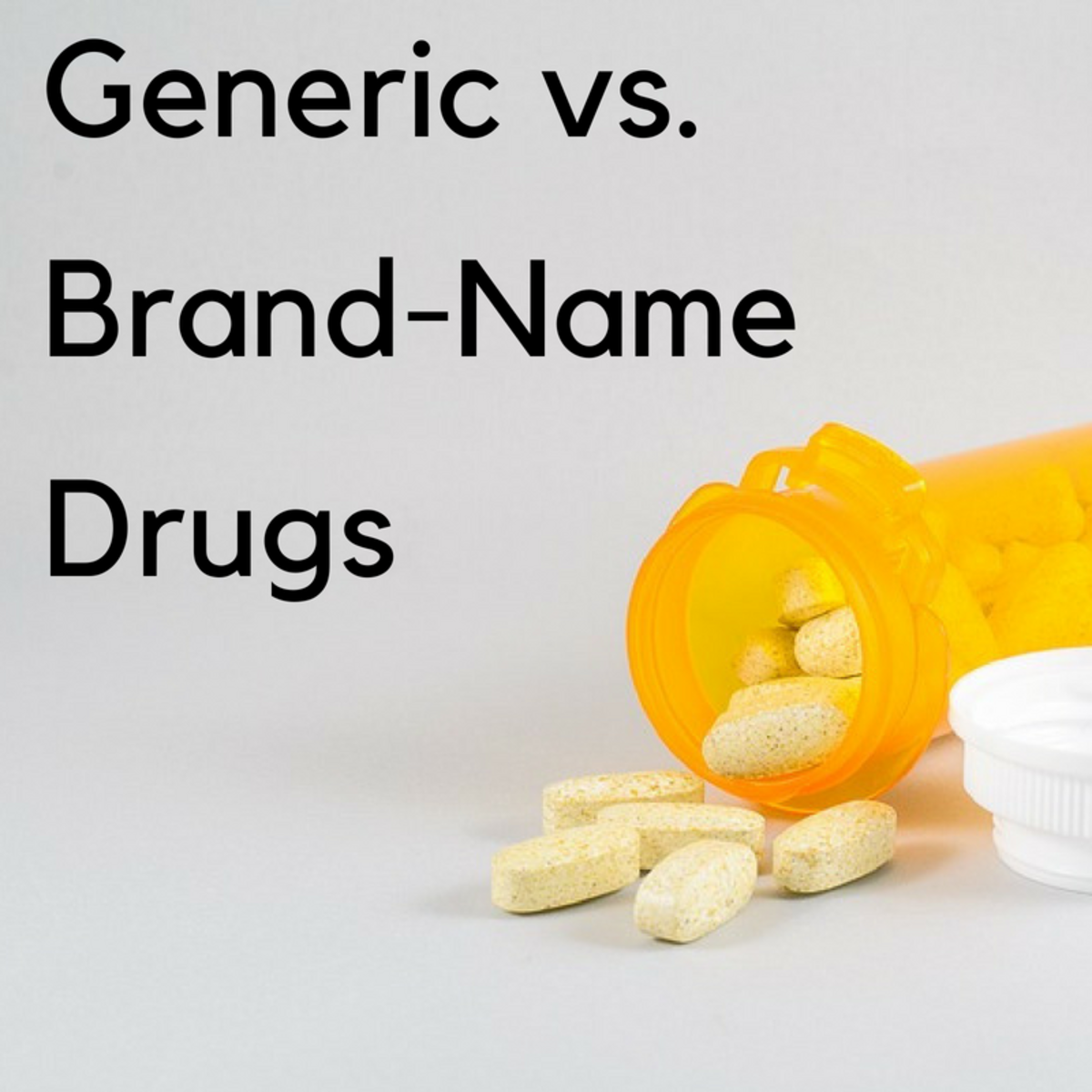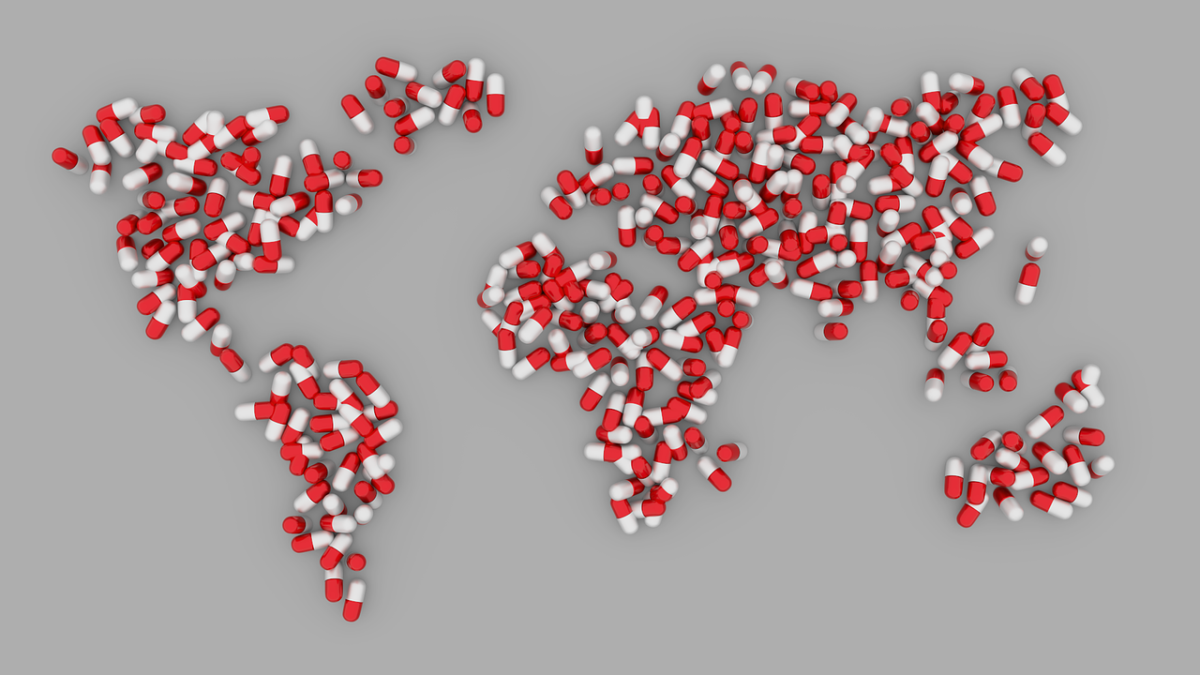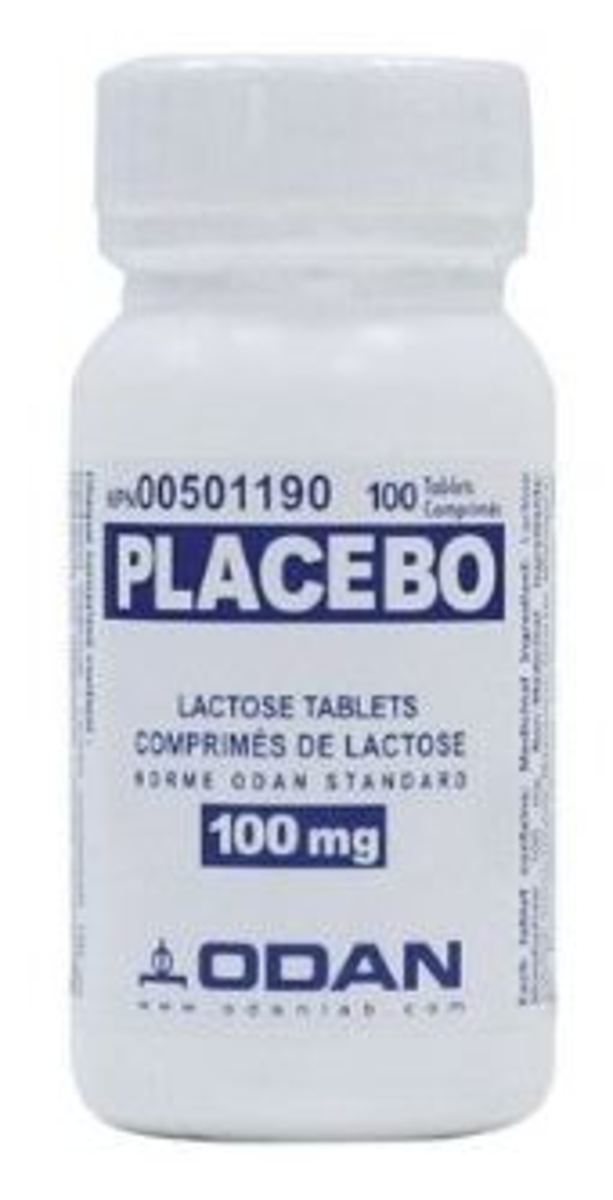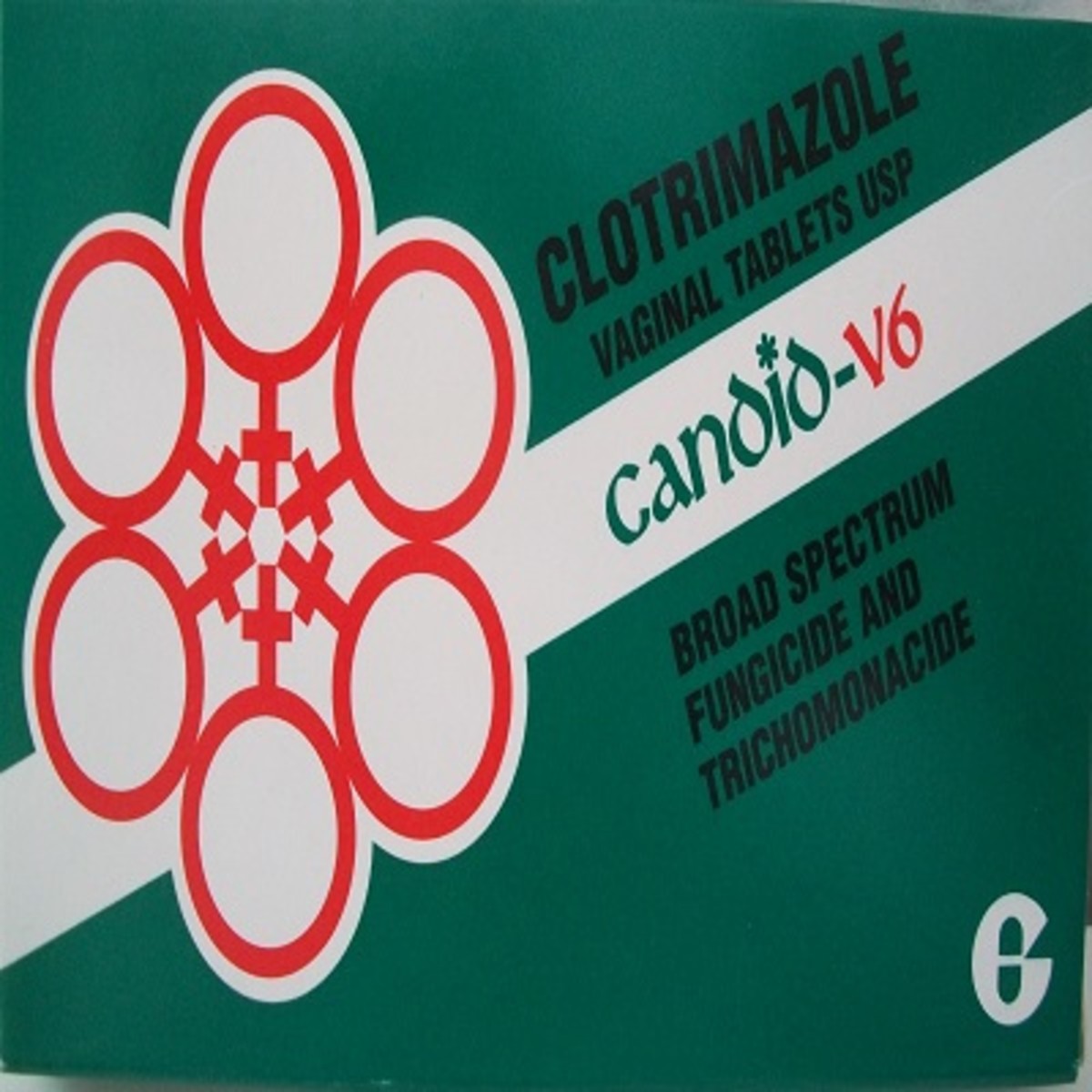- HubPages»
- Health»
- Health Care, Drugs & Insurance»
- Prescription & Over-the-Counter Drugs
Generic Drug Problems
The FDA assures us that generic drugs are just as safe and effective as their costlier brand name counterparts. Why, then, do prescription forms allow doctors to indicate "no substitution", meaning that the name brand drug must be used? Are generic drugs always exactly the same as the name brands?
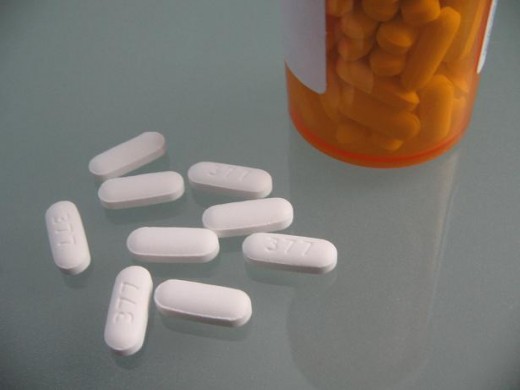
I have personally been given prescriptions for which my doctor mandated "no substitution". A cynic might say that my doctor was being paid by the manufacturer to push the more expensive drug. After doing a little research and discussing it with my doctor, however, I don't think so. Generic drugs are a great way to lower health care costs, and, in most instances, they'll do the job just fine. In order to make an informed decision, however, there are potential problems - both medical and legal - that you should be aware of.


New Drugs: Patent Protection
Developing a new drug involves years of research, development and testing. The average cost of developing a new drug is over $800 million.[1] Patent protection gives the original manufacturer a chance to recover those costs.
What are Generic Drugs?
Generic drugs contain the same active ingredient, at the same strength and dosage, as a brand-name drug, but at a lower cost to the consumer. Not every drug is available in generic form. Generic versions of a drug cannot be manufactured until the original patent on the drug, which gives the pharmaceutical company that developed the drug the exclusive rights to sell it, expires.
Why Do Generic Drugs Cost Less?
In the case of generic drugs, lower cost does not mean lower quality. The FDA requires that they be manufactured according to stringent guidelines, in safe facilities. They can be sold at a lower price because the producer of the generic drug has little or no R&D cost to recoup. If there is high enough demand, competition may drive prices even lower. The name brand manufacturer usually continues to spend much more on marketing, which is reflected in their higher prices.


Are Generics the Same as Name Brand Drugs?
The FDA requires a generic drug to be bioequivalent with the brand name drug, meaning that it delivers the same amount of the active ingredient to the bloodstream. They do state, however, that there is always "a slight, but not medically important, level of natural variability".[2]
In the vast majority of cases, the variability is not significant, but for some drugs even a slight difference may have serious consequences. Studies have shown that switching from a brand name to a generic drug resulted in more seizures for epilepsy patients, for example. For this reason, the American Academy of Neurology advises against the use of generic drugs for the treatment of epileptic seizures. Cardiologists have also expressed concern about drugs such as blood thinners, where the difference between a helpful dose and a harmful one is very small.[3]
NBC News: Are generic drugs as good as brand names?
Generic Drugs - Inactive Ingredients
There are no regulations regarding the inactive ingredients contained in generic drugs. Dyes, coatings, binders (which hold the tablet together) and other inactive ingredients may all be different. These can affect how some individuals metabolize the drug, resulting in different reactions to generic vs brand name drugs.[4] In rare instances, a person may even have an allergic reaction to one of the inactive ingredients.[5]
These differences in inactive ingredients, as well as variations in level of active ingredients, exist not just between the name brand and a generic, but between different brands of generics, as well. If you've been taking a prescription medication and you notice a change in your symptoms, one thing to check is whether your pharmacist has substituted a generic for the name brand you had been taking, or changed from one brand of generic to another.


Difference Between Generic and Brand Name Drugs:
My intention is not to scare you off of using generic drugs. In fact, my own decision has been to use generics except in those instances where my doctor explicitly advises against it, in which case I'll pay extra for the name brand. I believe my doctor has sufficient knowledge and experience to make the right call.
Some people (including some doctors, as the video to the right shows) insist on always using only name brand drugs, however. It's a personal decision that needs to be made between you and your doctor.
Generic Drugs and Legal Liability
There are some legal issues related to generic drugs that are quite troubling. In 2011 the US Supreme Court ruled that generic drug companies, unlike the manufacturer of the brand name, cannot be sued for failing to provide adequate warnings about potential side effects on a drug's label.[6]
Generic manufacturers are required by federal law to use the same labeling as the name brand drug. As they have no control over what goes on the label, they can't be held liable if the labeling is inadequate. In other words, if you use a generic drug, you give up your right to sue the manufacturer over inadequate labeling.
Legally, the decision may be correct, but its effect on the safety and legal rights of the consumer is unacceptable. The law needs to be changed, and bills have been introduced in both the House and the Senate to address this situation.[6] If you are concerned about this issue, I suggest you make your voice heard by writing to your Senator and Representative.

References
- [1] Scientific American. What's the difference between brand-name and generic prescription drugs? http://www.scientificamerican.com/article.cfm?id=whats-the-difference-betw-2004-12-13
- [2] U.S. Food and Drug Administration. Facts About Generic Drugs. http://www.fda.gov/Drugs/ResourcesForYou/Consumers/BuyingUsingMedicineSafely/UnderstandingGenericDrugs/ucm167991.htm
- [3] New York Times. Not All Drugs Are the Same After All. http://www.nytimes.com/2009/12/19/health/19patient.html?_r=3&pagewanted=1&ref=health
- [4] Los Angeles Times. FDA Standards Are Questioned. http://articles.latimes.com/2008/mar/17/health/he-genericside17
- [5] Kids With Food Allergies Foundation. Ingredient Differences Between Generic and Brand Name Drugs. http://www.kidswithfoodallergies.org/resourcespre.php?id=74&
- [6] New York Times. Bill Seeks to Change Rule on Generic Drug Labeling. http://www.nytimes.com/2012/04/19/health/bills-seek-to-change-rule-on-generic-drug-label.html?_r=1


